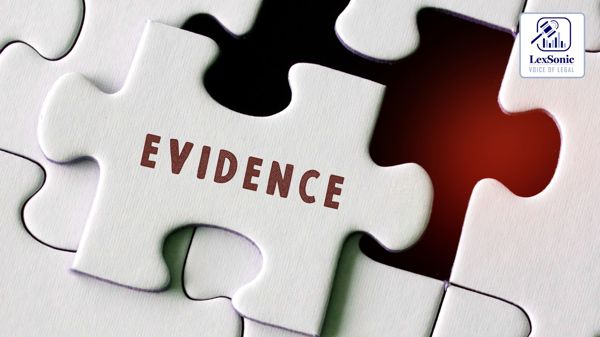Supreme Court Grants Discharge to Accused in Narcotics Case Due to Lack of Evidence.
19 December 2024
Criminal Appeals & Suspension of Sentence >> Criminal Law | Evidence >> Criminal Law
In a significant ruling of Karan Talwar v/s The State of Tamil Nadu, the Supreme Court allowed the appeal of an accused person (Accused No.13) seeking discharge from a case under the Narcotic Drugs and Psychotropic Substances (NDPS) Act. The appeal was directed against the High Court’s dismissal of a revision petition filed by the appellant, challenging the order of the learned Additional District Judge in Coimbatore, who had earlier rejected the discharge application.
Case Background:
The case revolves around a music festival held at a resort owned by Accused No.1, who ran the establishment without government approval. The event, hosted at the resort named "Agrinest," allegedly involved the illegal distribution of narcotic substances to the attendees. A series of arrests followed, with the investigation revealing that several individuals, including the appellant, were involved in the incident. The appellant, Accused No.13, was charged under Section 27(b) of the NDPS Act for the consumption of narcotic substances.

The FIR in the case was registered on 4th May 2019, based on the alleged supply and consumption of drugs during the festival. Despite no direct evidence linking the appellant to the narcotics, the investigating agency filed a charge sheet, with the appellant being implicated based on the confession of a co-accused, Accused No.1. However, no recovery of drugs was made from the appellant, nor was he subjected to medical examination to establish consumption of narcotics.
Legal Framework:
The appellant filed an application for discharge under Section 227 of the Code of Criminal Procedure (Cr.P.C.), which permits the discharge of an accused if the court determines that there is insufficient ground for proceeding to trial. In such cases, the judge considers the record and evidence presented and decides whether the accused should stand trial.
Key Legal Principles:
In its ruling, the Supreme Court referred to earlier decisions to highlight the scope of Section 227 of Cr.P.C. The Court reiterated that the judge's role at this stage is not to weigh the evidence meticulously, but to assess whether there is a prima facie case that justifies proceeding with the trial. It was emphasized that the judge must sift the materials available and ensure that the suspicion against the accused is "grave" and supported by solid evidence, not just vague or unsubstantiated allegations.
The Court referred to key judgments, including P. Vijayan vs. State of Kerala and Sajjan Kumar vs. Central Bureau of Investigation, which laid down the principle that a discharge can be ordered if the evidence is insufficient to form a case for trial.
The Court’s Analysis:
The Supreme Court found that the only material available against the appellant was the confession statement of co-accused No.1. However, the Court noted that a co-accused's confession cannot be used as the sole basis for charging another person, especially at the stage of framing charges. The Court also pointed out that the appellant had not been subjected to a medical test to verify any drug consumption, and there was no direct evidence linking him to the narcotic substances. Furthermore, the confession of co-accused No.1 was deemed inadmissible under Section 25 of the Indian Evidence Act, which excludes confessions made to police officers from being used in court.
Given the lack of tangible evidence to support the charge, the Supreme Court concluded that there was no sufficient ground to proceed against the appellant, and his discharge was warranted.
Conclusion:
In light of the Court’s analysis, the appeal was allowed, and the impugned order of the High Court was quashed. The appellant was discharged from the case, as the Court found that subjecting him to trial without substantial evidence would be unjust. This ruling reaffirms the importance of judicial scrutiny at the pre-trial stage and emphasizes that a case should not proceed unless there is a solid prima facie basis for it.
This judgment serves as a reminder that charges must be supported by admissible and credible evidence, and mere suspicion or unsubstantiated confessions cannot form the foundation for a trial.
Section 27, Narcotic Drugs and Psychotropic Substances Act - 1985
Narcotic Drugs and Psychotropic Substances Act, 1985
Section 25, Indian Evidence Act - 1872
Section 227., Code of Criminal Procedure - 1973
Code of Criminal Procedure, 1973
